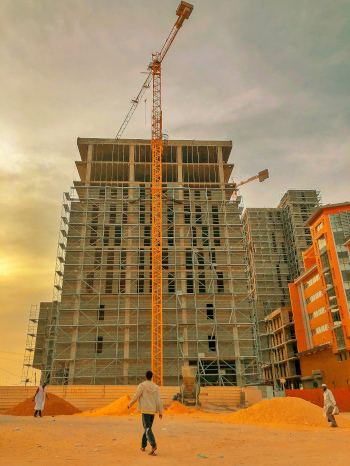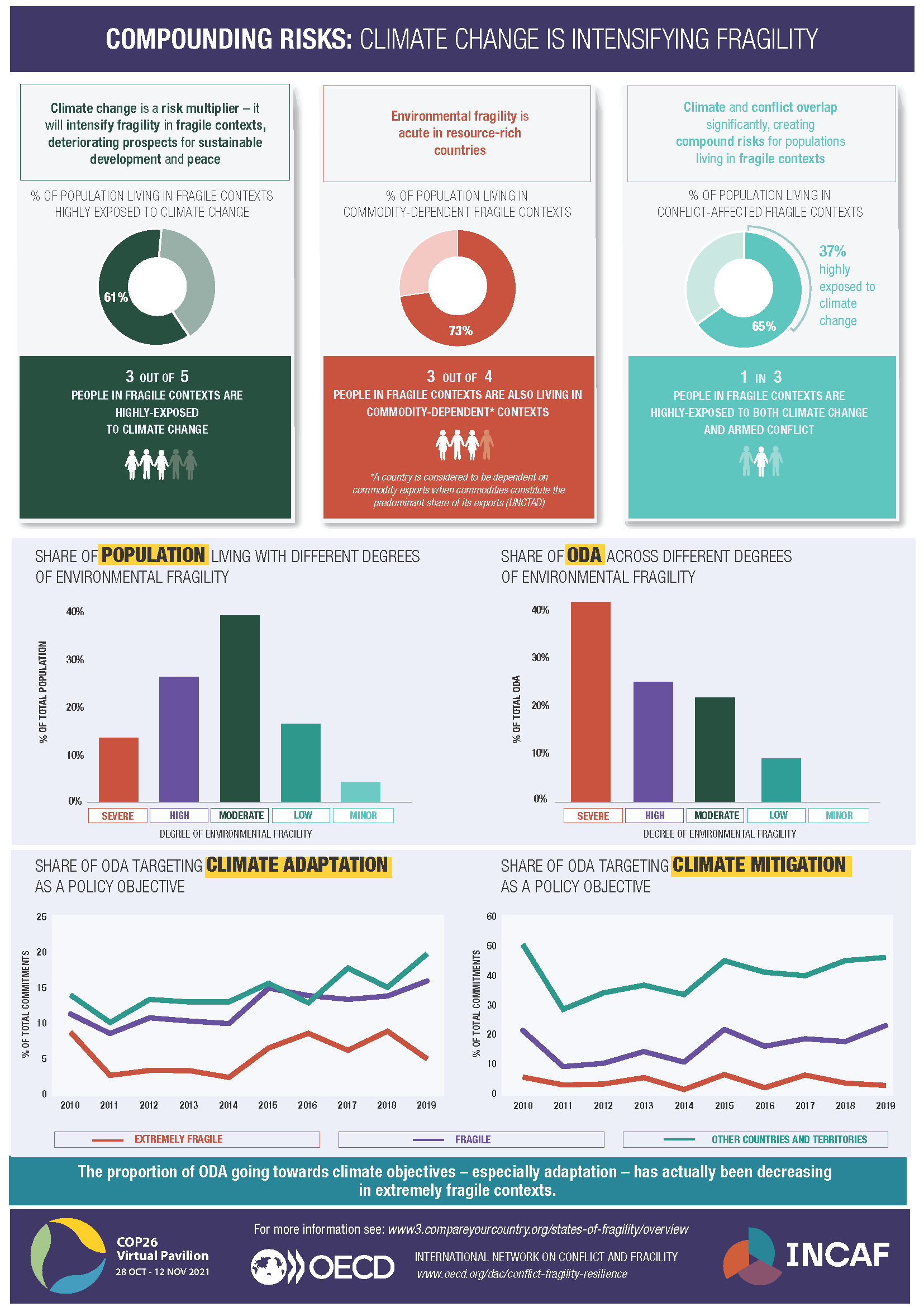Voices
Views

Building resilience to natural disaster risk in agriculture
Read more.jpg)
Deep reductions in CO₂ are not enough
Read more
Making investment work for green growth
Read more
Road to zero – Making responsible business conduct the new normal for a sustainable future
Read more
In the fight against deforestation, companies can turn to due diligence tools
Read more
How can business meet its responsibility to address climate change?
Read more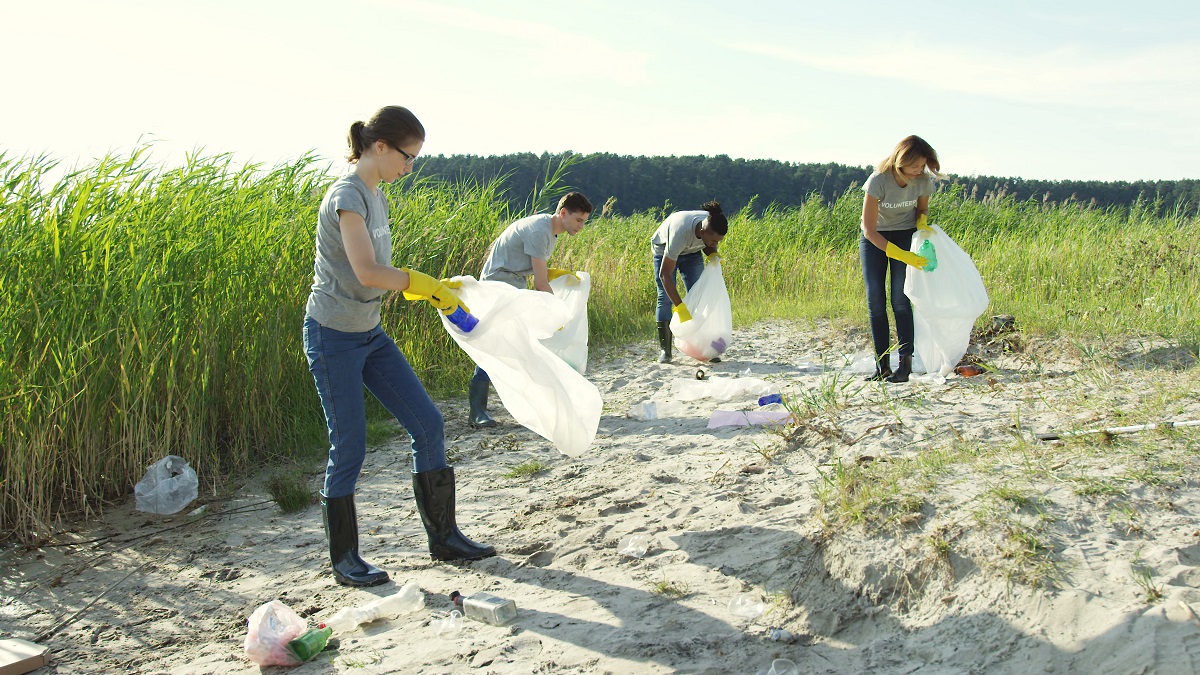
Green at fifteen – what schools can do to support the climate
Read more
Learning about a pandemic – and for a more uncertain world
Read more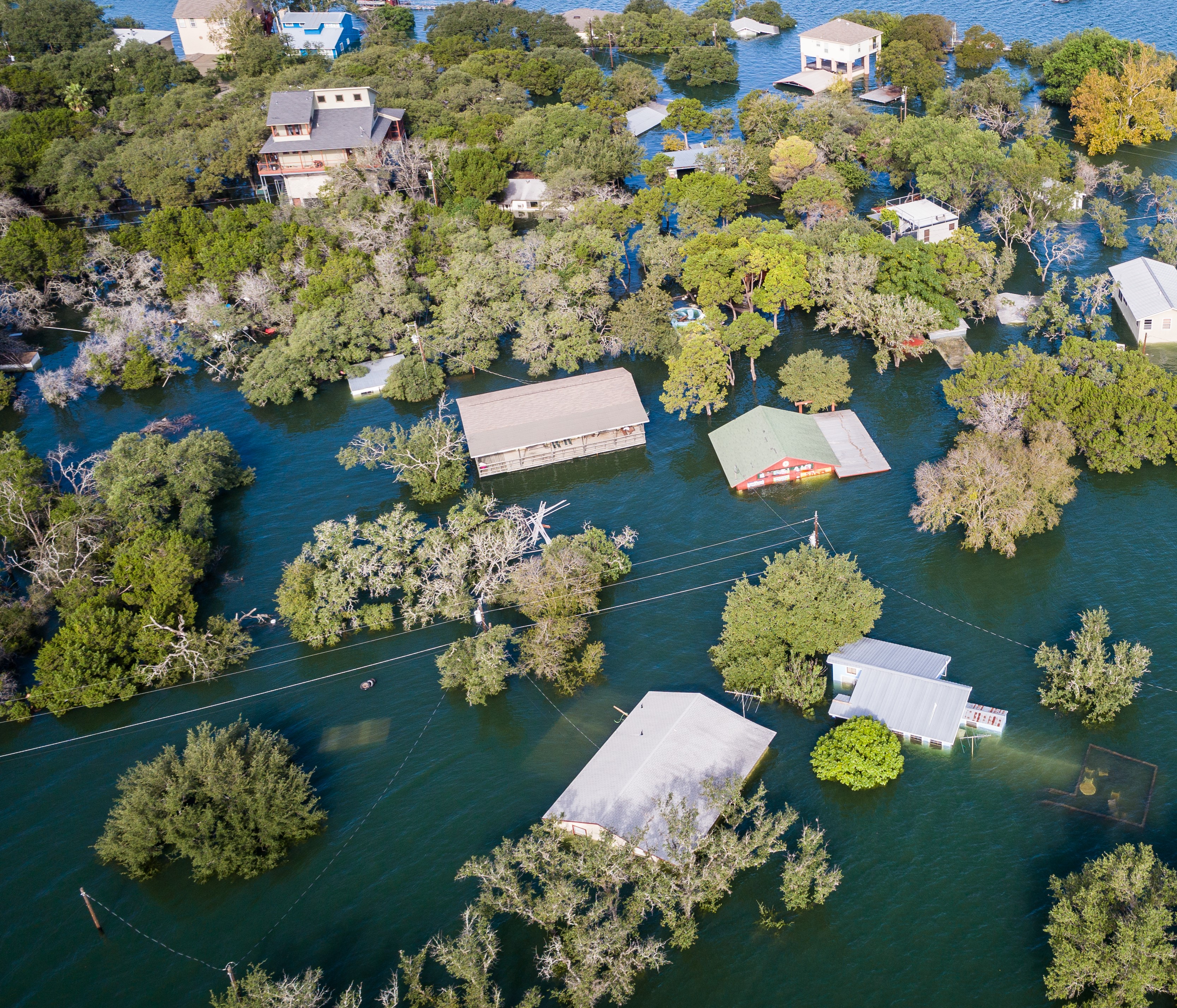
The Inequalities-Environment Nexus: Towards a people-centred green transition
Read more
Looking for green engineers – Insights from PISA 2018
Read more
Calling all girl scientists: climate change needs you
Read more
OECD Forum Network
Read more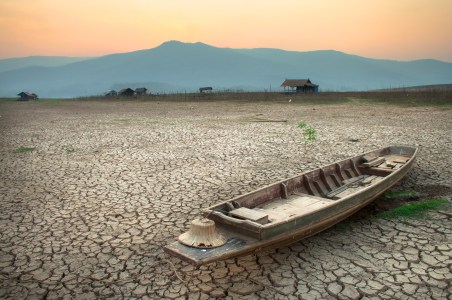
Strengthening climate resilience in developing countries: what are the priorities?
Read more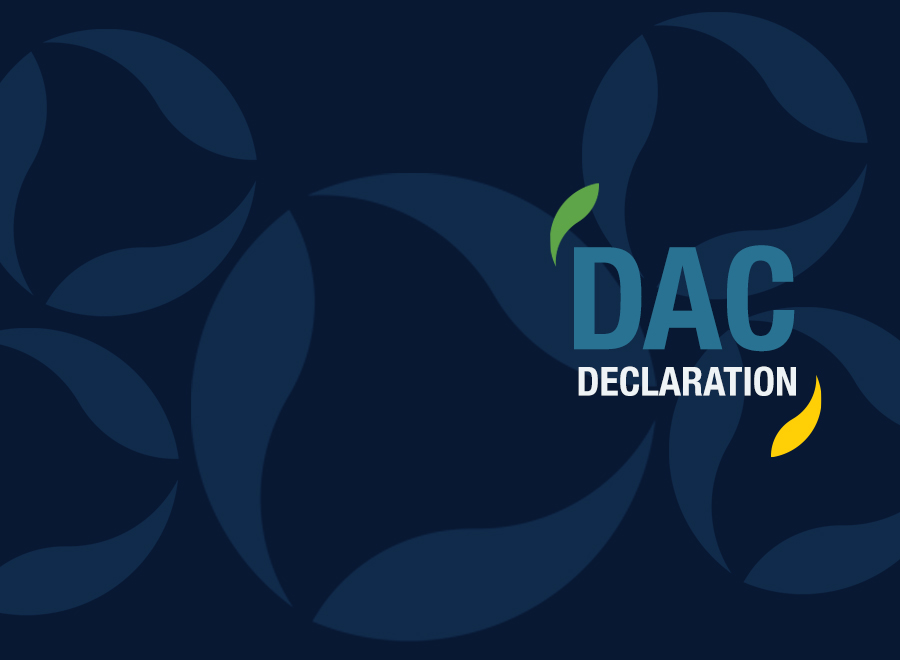
OECD DAC Declaration on a new approach to align development co-operation with the goals of the Paris Agreement on Climate Change
Read more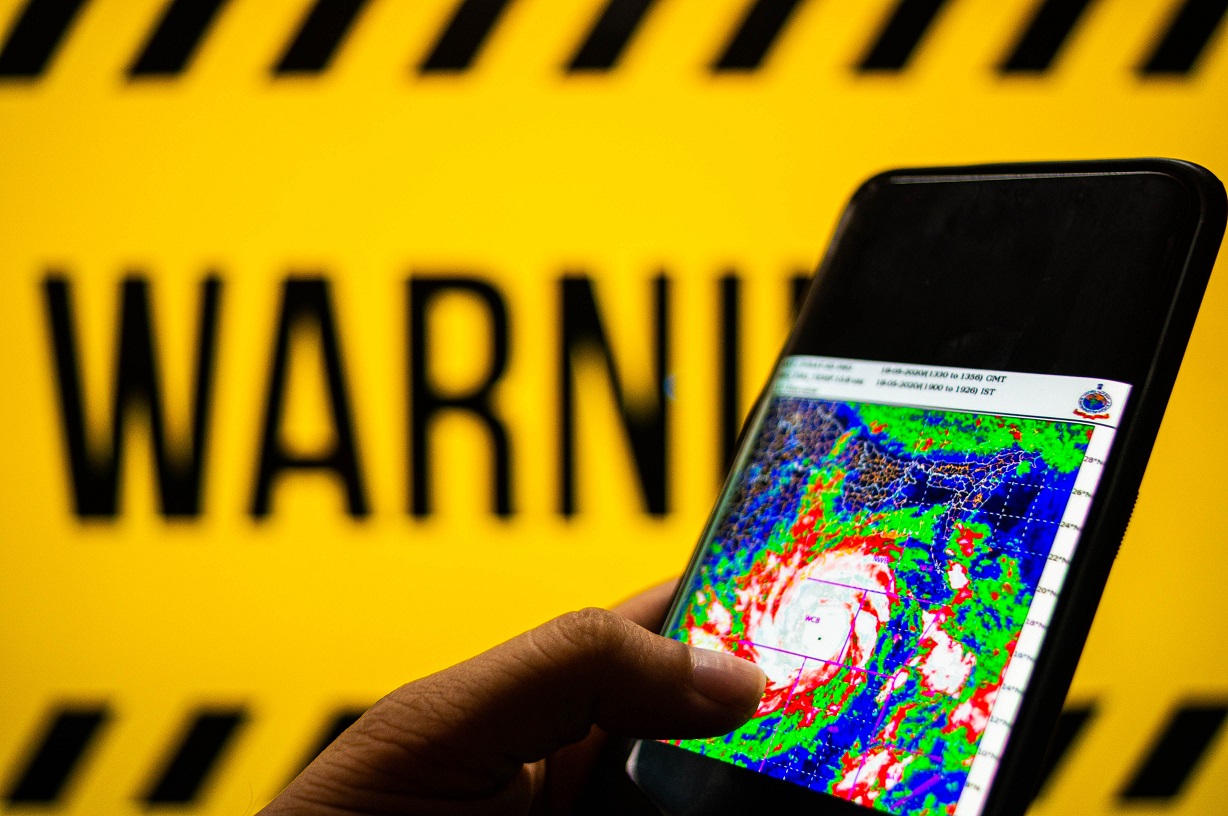
Why on earth align development co-operation with climate and the environment?
Read more